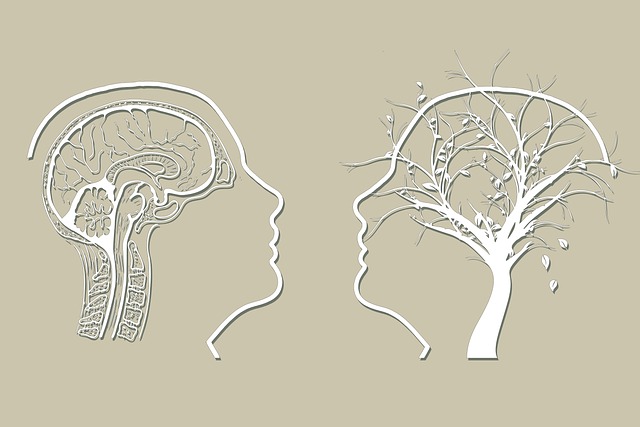Stress management workshops tailored to Spanish-speaking elders in Latin American communities must address cultural norms, language barriers, and mental health stigma. Incorporating heritage-resonating activities, culturally sensitive training for healthcare providers, and personalized self-care solutions can reduce anxiety and depression among this population. These interventions empower elders, foster a sense of belonging, and align with best practices for diverse communities, especially focusing on providing therapy for elders Spanish speaking.
Stress management workshops tailored for elderly individuals in Spanish-speaking communities are gaining importance as a vital tool for enhancing mental health. This article explores the unique challenges faced by this demographic, emphasizing cultural sensitivity in workshop design. We delve into creating inclusive environments and implementing effective therapy strategies specifically suited to their needs. By addressing stress through culturally informed approaches, we aim to provide targeted support for Spanish-speaking elders, ensuring better overall well-being.
- Understanding Elderly Stress: A Unique Challenge for Spanish-Speaking Communities
- Designing Culturally Sensitive Stress Management Workshops
- Implementing and Promoting Effective Therapy Strategies for Spanish-Speaking Elders
Understanding Elderly Stress: A Unique Challenge for Spanish-Speaking Communities

Stress is a universal experience, yet its impact on older adults, particularly within Spanish-speaking communities, presents unique challenges. Many elderly individuals face additional barriers to managing stress due to cultural norms, language difficulties, and limited access to specialized care. In these communities, stress-related issues like anxiety and depression might go undiagnosed or untreated, exacerbated by the stigma surrounding mental illness that still lingers in many parts of Latin America. This cultural barrier is further complicated by language gaps, making it difficult for elders to express their emotional struggles and seek therapy for elders Spanish speaking.
Addressing these challenges requires tailored interventions. Mental illness stigma reduction efforts must be culturally sensitive and accessible, possibly incorporating social skills training and compassion cultivation practices. These strategies can empower elderly individuals within Spanish-speaking communities to navigate stress in meaningful ways, fostering a sense of belonging and emotional well-being.
Designing Culturally Sensitive Stress Management Workshops

When designing stress management workshops, it’s crucial to consider cultural sensitivity, especially when catering to specific demographics like Spanish-speaking elders. Incorporating culturally tailored activities and materials ensures that participants feel included and understood. For instance, integrating storytelling or music from their cultural heritage can make the workshop more engaging and relevant.
This approach aligns with the concept of Risk Management Planning for Mental Health Professionals, emphasizing the importance of adapting therapeutic practices to diverse communities. By addressing potential language barriers and incorporating Depression Prevention strategies tailored to their needs, these workshops can significantly enhance mental health education programs design. Such initiatives not only foster effective stress management but also contribute to improving overall well-being within diverse cultural contexts.
Implementing and Promoting Effective Therapy Strategies for Spanish-Speaking Elders

Implementing effective therapy strategies tailored for Spanish-speaking elders is a critical aspect of stress management workshops. Many elderly individuals from Hispanic or Latino backgrounds may face unique challenges, including language barriers and cultural differences, which can impact their mental health and overall well-being. Therefore, it’s essential to offer specialized support that respects and incorporates their cultural norms and communication preferences.
One way to achieve this is by providing Healthcare Provider Cultural Competency Training, ensuring that workshop facilitators and staff are equipped to deliver sensitive care. This training should include an understanding of Spanish-speaking cultures, common stress triggers within these communities, and effective conflict resolution techniques. Additionally, encouraging self-care practices among elders can be culturally adapted to suit their needs and beliefs, fostering a sense of comfort and empowerment in managing stress.
Stress management workshops tailored to address the unique challenges faced by Spanish-speaking elderly communities can significantly improve their mental health. By incorporating culturally sensitive approaches and effective therapy strategies, organizations can create inclusive environments that empower this demographic. Implementing these workshops not only enhances the overall well-being of Spanish-speaking elders but also fosters a sense of community and support, ensuring they receive the care they deserve.











